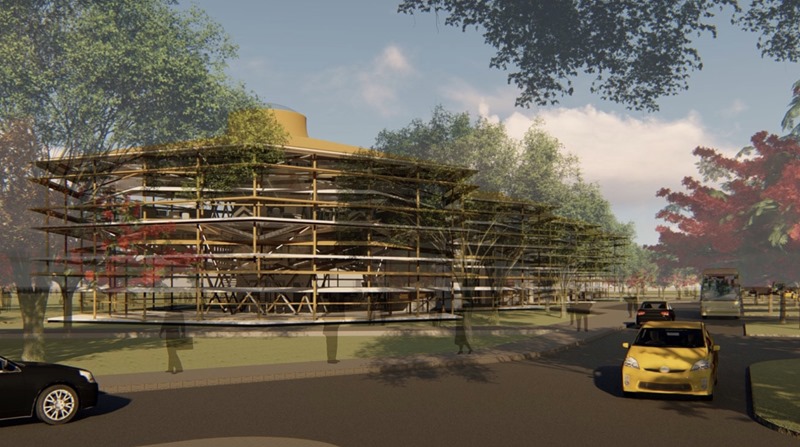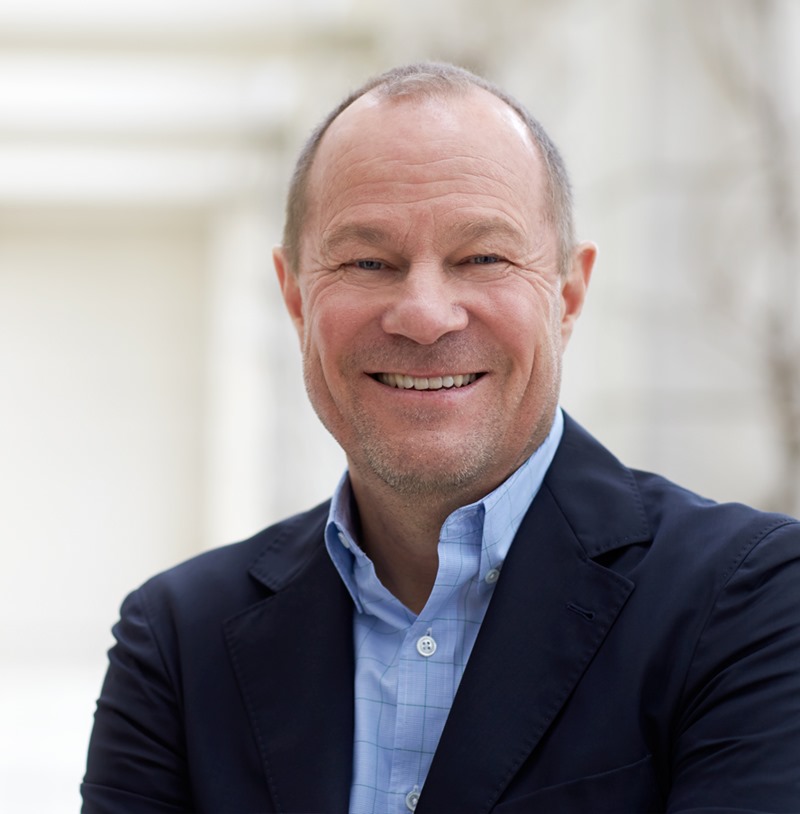Water pollution has been a major problem in the apparel industry and major giants have been implementing various measures and technologies to overcome it.The American clothing retailer GAP Inc. has partnered with sourcing and franchise partner in India, Arvind Ltd. to open an Innovation Centre with technologies and methods to curb the rising problem of water waster in the textile industry.
The Innovation Centre
The 18000 square foot plant will be opened in Ahmedabad, India next year that will analyse and research on the ways to reduce the water waste.The investment is being made in a water treatment facility also that will reduce the use of fresh water at the Arvind’s mills in India by reusing the water from the plant.The facility will save three billion liters of fresh water by the end of next year and preserve the local community’s vital freshwater resources, as per GAP and ARVIND’s estimates.This space will also include best techniques, a library, classroom trainings , conference space and lab space to develop water management ways. Gap believes that after the completion of this innovation center, various other laundries and mills will scale the technology to preserve the water from being getting polluted.
“The apparel industry is one of the most intensive users of water in the world and, in India, 54 percent of the population faces high to extremely high water risk,” as mentioned in the Gap’s press release.
The technology that will be used in the center is MBR-Membrane Bio Reactor which treats the waste domestic water for reusable purposes without involving any chemicals and without disturbing the fresh water levels.The current fresh water consumption of Arvind is eight million liters per day. This practice will eventually reduce the water usage from local community and will enhance business for both GAP and Arvind thereby reducing the local water scarcity issues.
“Traditionally, manufacturing apparel has been a water intensive, water wasting process,” says Art Peck, president and CEO of Gap Inc.
Art Peck,president and CEO of GAP
Once the treatment of water will start, the water cleaning process will pace up and benefit the mills as well as the local community.This is highly required in India where 70% of the water is contaminated and a large number of people do not have safe drinking water.This partnership will be a large step in making the environment more sustainable.
“The industry has been a borderline irresponsible consumer of water across many of those processes,” Gap Inc. Chief Executive Officer Art Peck said in an interview. “For us, this was a step forward.”







